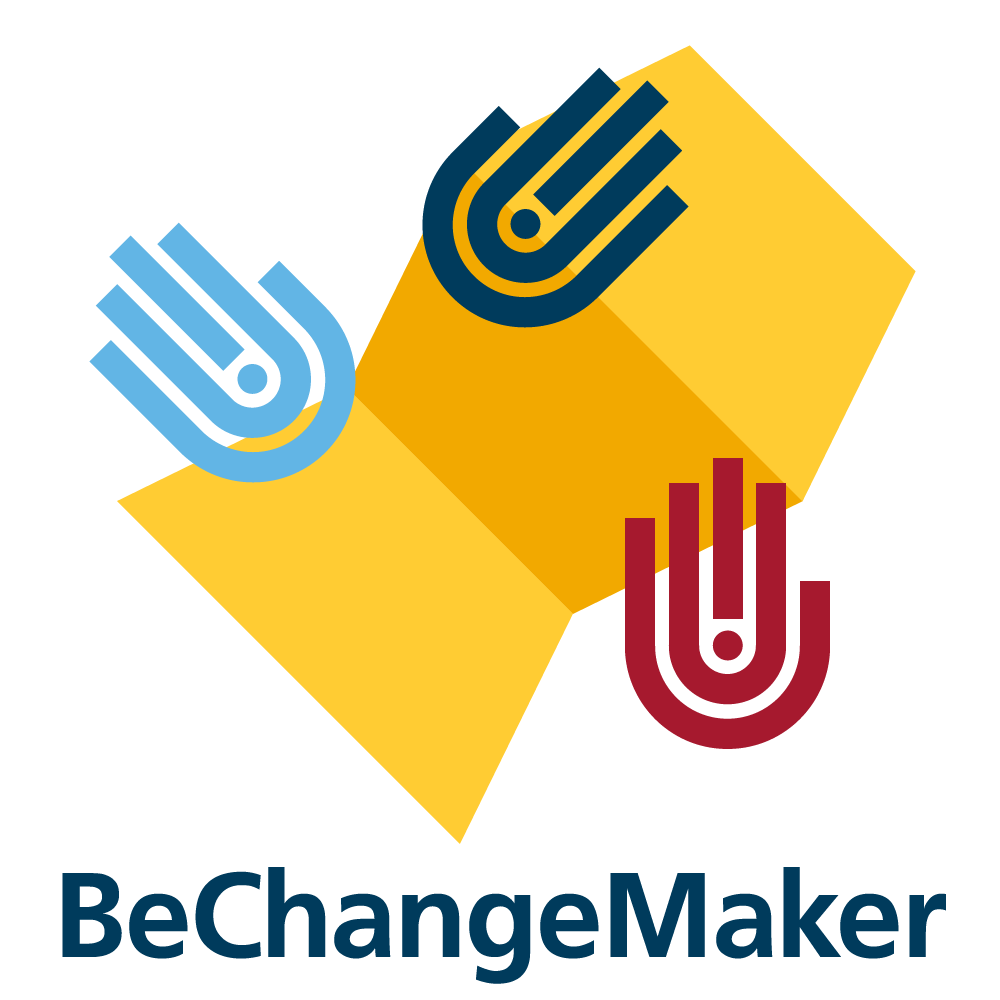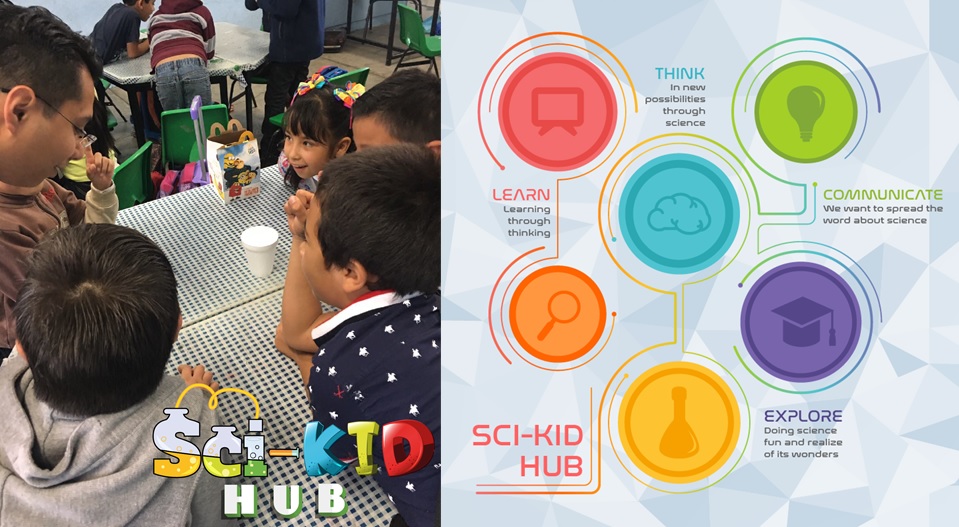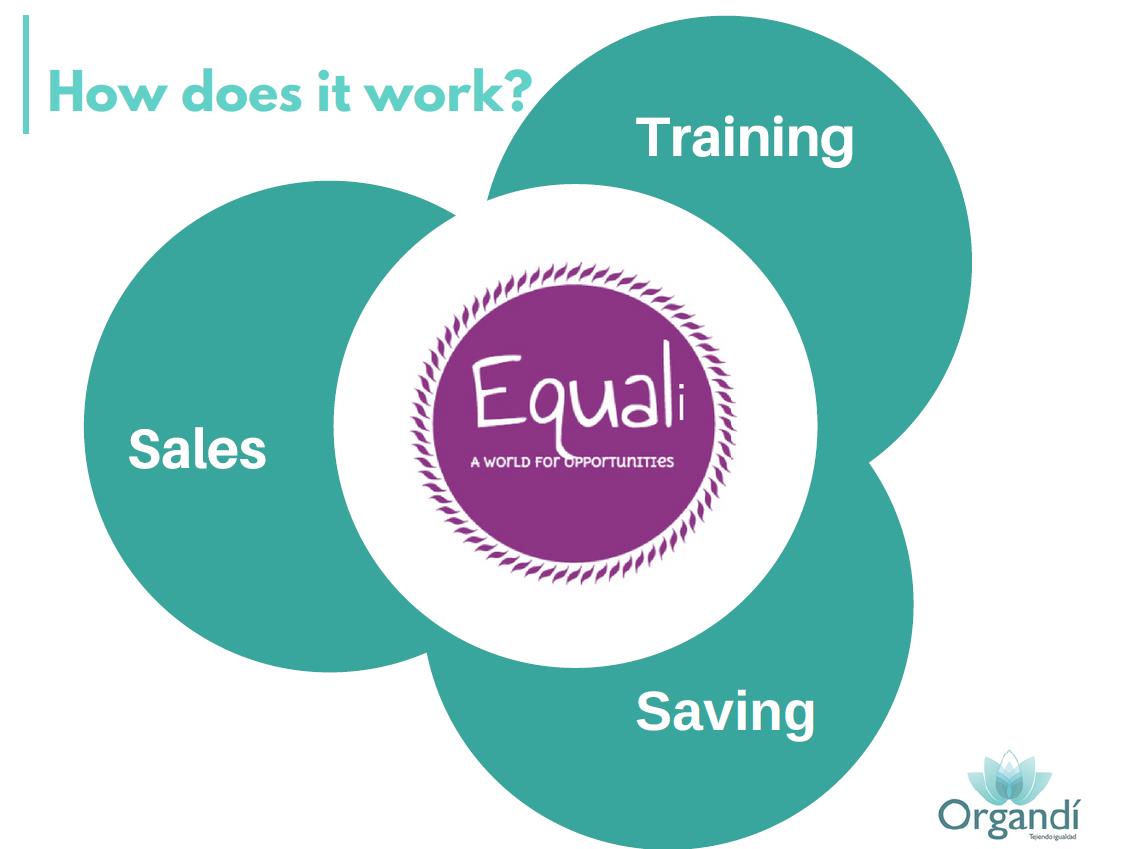4 September 2017
Young social entrepreneurs unite to drive positive global change

Skilled youth from around the world are gearing up for an online competition that will see them influence social change on a global level.
Seven teams of budding social entrepreneurs are taking part in the next stage of the BeChangeMaker, a programme for social entrepreneurs focused on addressing social, cultural, economic, health, educational, and environmental problems. To see their projects in development and to vote on your favourite visit BeChangeMaker online.
Initiated by WorldSkills International and the HP Foundation, BeChangeMaker is a series of online training projects that help youth explore their career potential as social entrepreneurs – thinkers and doers who differ from traditional enterprises in that their key focus is to generate positive social impact, rather than simply financial reward.
BeChangeMaker participants have teamed up with other talented and like-minded young people from their communities to co-learn virtually and co-create locally. The groups representing Colombia, Indonesia, Mexico, Nigeria, and South Africa will complete three stages within the programme.
They have already completed stage one of the three-step programme, which saw them explore social issues, learn about the United Nations Sustainable Development Goals, and examine case studies highlighting the journeys of other social entrepreneurs.
Their first assignment was to define the problem their BeChangeMaker project will address, as they were tasked to research what is currently being done to solve it and what their own approach would be. Having defined the problem, the groups have moved on to stage two: applying Design Thinking to identify a solution, create a prototype, and then test their ideas.

On 31 August, they took part in an online pitch competition, where judges were looking for a clear explanation of the social issue they are focusing on, how their prototype will solve the issue, and the proposed business model they will employ to achieve their aims.
Debbie Ledbetter, HP LIFE Partnership Manager at Hewlett-Packard (HP) said, “Right now HP employees acting as mentors - two per group, with many of them being Vice Presidents, Managing Directors, and people who have been around the block many times from a business point of view.”
Each team will receive individual feedback from their first pitch to prepare them for the final pitch competition, on 29 September, when they will demonstrate how they plan to market their idea.
The criteria on which the judges will base their feedback will include understanding of social challenges, relevance and innovation, financial feasibility, scalability and impact, and pitching and presentation.
“The judges are looking for a sound business idea and a good business model,” said Ms Ledbetter. “They want to see that the teams have really thought things through – what their ideas is, whether it will work, if people will want to use it, if it can solve a social issue, and if it can make money, which social entrepreneurship ventures have to do – unlike a non-profit organization, they are businesses."
“This means participants have to have considered how they are going to do this, what their expenses will be, their sales forecasts. And they have to be able to show it is fundamentally good idea, with a good business model, and that it is something that could really work.”
"The educational exercise is to encourage participants to learn about business, social entrepreneurship, social issues and how to think through what a good business model might be. That is what we are trying to do through this process, by giving them courses, webinars, and mentors to help think through that situation,” explained Ms Ledbetter.
“A couple of teams have chosen to focus on gender equality, while one is on sustainable housing, one is on sustainable consumption, and another is on Type 2 diabetes and obesity,” she explained. “There is a pitch concentrating on science and entrepreneurship and education for kids, one is on homelessness and hunger in South Africa, while another is on better farming techniques and scarcity of food in Indonesia. We have a real range.”
The pilot BeChangeMaker initiative led by WorldSkills and HP is designed as an opportunity to inspire and empower the world’s youth to not only think about ways to make a real difference on an international scale, but also as an avenue for action, by giving participants the chance to develop their ideas into tangible business models.
“Youth competitions are a really good way to apply learning and knowledge,” she said. "It is one thing to learn what a social entrepreneur does, but while you might take a few things away from that, they may not completely stick until you actually apply them."
"We have lots of issues in the world today; what we want the participants to feel is ‘I am empowered as a youth, I can think about what these issues are and think about ideas, and I can actually bring them to market and make an impact.'"
"Learning is one part, but another part is empowering young people to believe they can make a difference at any point in their life. They don’t have to wait to get through their education system; they can start doing things today."
“We want the BeChangeMaker to be a really good learning experience, so these young people enhance their understanding of the fundamentals of business - financial aspects, marketing aspects, design and ideation aspects - and put them together to make a business. We also want them to have a better understanding of social issues. Our hope is that this will inspire them to go forward with their idea, or other ideas they develop.”
From 4 to 6 September, the pitch videos are open for the public to vote for their choice, before stage three sees the groups bring their idea to market.
Their training includes developing a marketing plan, funding plan, and business model, after which they will take part in the second online pitch competition and subsequent public vote from 3-5 October. The winners will be announced on 7 October.
Three top teams will be chosen at the end of the project to receive seed funding, which includes further training by business incubators and accelerators in their own countries to support post-project development.
In the 3 to 6 month period afterwards, the team that judged to have made the most progress will receive additional resources and opportunities to bring their business idea closer to reality.
For more information on BeChangeMaker and other courses on HP LIFE, visit https://worldskills.org/what/career/bechangemaker.
